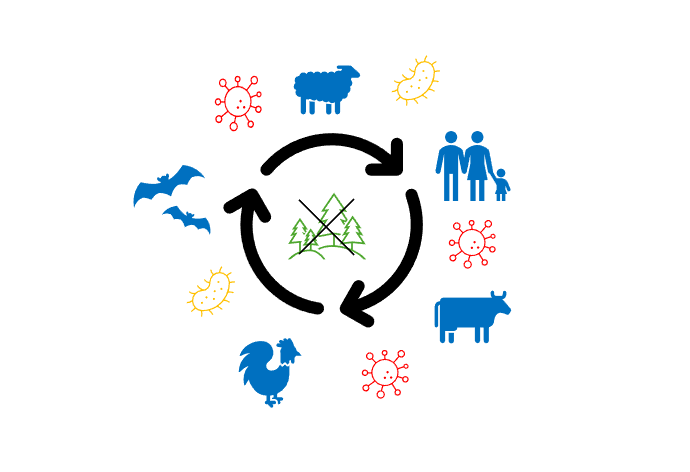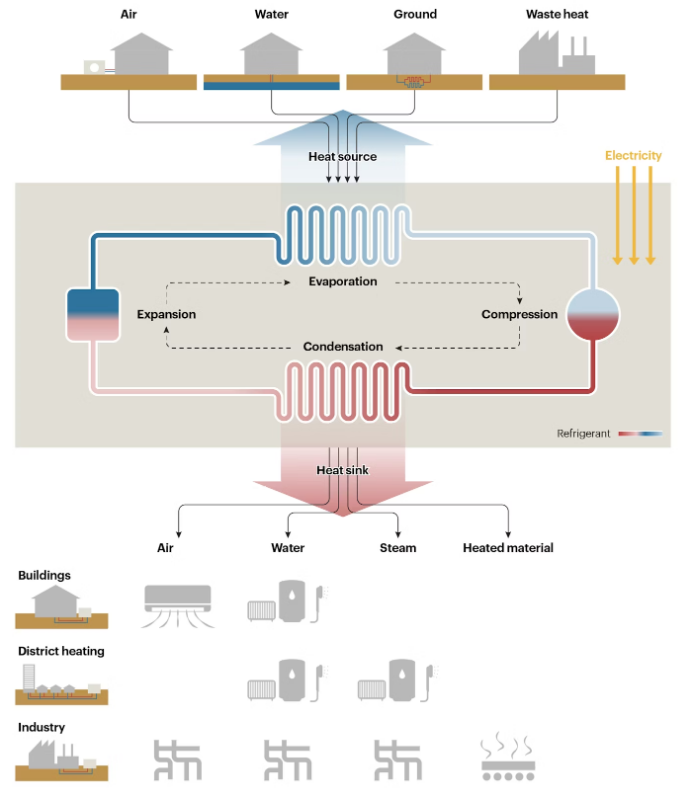
An effective malaria vaccine at scale?
An important milestone in the fight to hold malaria at bay: The R21 vacccine.
Summary: A new malaria vaccine, R21, developed by the University of Oxford has had promising results from a trial in Burkino Faso. The team claim it is more effective and can be manufactured on a greater scale than a GSK vaccine given the go ahead by the WHO in Africa last year.
Why this is important: There were 670,000 deaths from malaria in 2020 with 96 percent of those in Africa and 80 percent of those deaths were children under five years old. In Sub-Saharan Africa, 54 percent of deaths are caused by communicable diseases.
The big theme: Infectious diseases such as malaria pose a significant risk to humanity. Whilst many of the particularly deadly diseases disproportionately impact the poorer regions of the world such as Sub-Saharan Africa, the impacts of climate change on local environments are pushing such diseases to other regions including Northern Europe. Vaccination is a powerful weapon in combating such infections by limiting both their spread and the impact of their symptoms. Manufacture and delivery of treatments and preventative measures brings together a number of industries from pharmaceuticals to logistics to thermal regulation.

The details
Summary of a story from the BBC:
A new malaria vaccine, R21, developed by the University of Oxford has had promising results from a trial of 409 children in Burkino Faso. Three initial doses followed by a 12 month booster gave up to 80% protection. The results of a larger trial of 10x the number of children is due before the end of 2022. Final approve should come from a successful trial outcome. Serum Institute of India, the world’s largest vaccine manufacturer has been lined up to manufacture more than 100m doses per annum.

